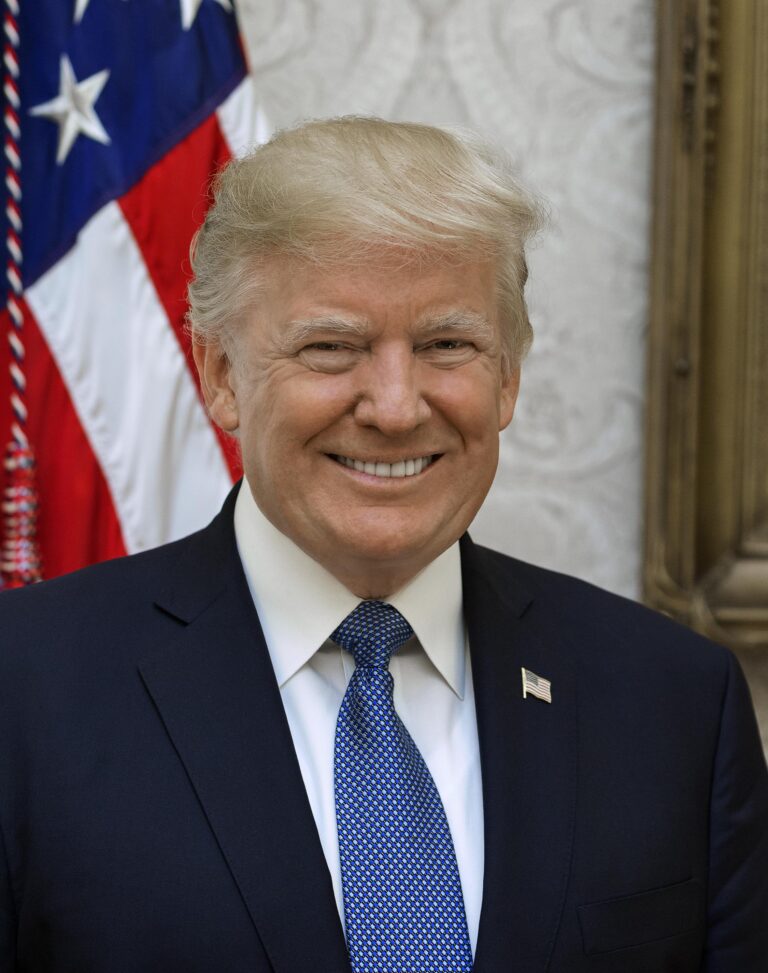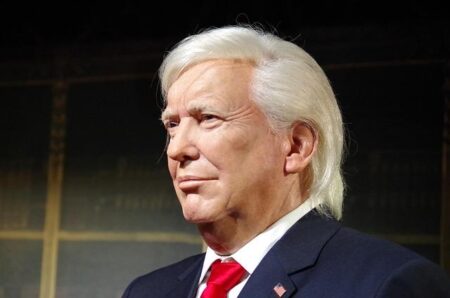Reimagining Global Power: The “One World, Three Powers” Vision
Former President Donald Trump recently introduced a contentious geopolitical concept termed “One World, Three Powers,” proposing a fundamental shift in how global influence is distributed. This framework envisions the United States, China, and Russia as the primary architects of international affairs, challenging existing alliances and prompting a reassessment of diplomatic strategies worldwide. As experts dissect this proposal’s ramifications, it becomes clear that this model could redefine the balance of power in an increasingly multipolar world.
The Triad Model: Shaping Tomorrow’s Geopolitics
This strategic blueprint advocates moving away from post-World War II multilateralism toward a tripartite system where national interests and sovereignty take precedence over collective global governance. By positioning America, China, and Russia as dominant forces-not merely competitors but pivotal players-the plan underscores an era marked by intensified rivalry and shifting regional loyalties.
The core pillars underpinning this new order include:
- Economic Strategy: Prioritizing domestic industry growth through protective trade policies while countering initiatives like China’s Belt and Road to maintain economic leverage.
- Military Posturing: Enhancing defense capabilities across critical zones such as the Indo-Pacific region and Eastern Europe to deter expansionist moves by rival powers.
- Diplomatic Realignment: Transitioning from ideologically driven alliances to pragmatic partnerships based on mutual benefit and transactional diplomacy.
| Nation | Strategic Emphasis | Global Standing |
|---|---|---|
| United States | Economic nationalism & sustained military presence worldwide | Dominant but challenged by rising powers |
| China | Infrastructure development & expanding trade networks | Rapidly ascending superpower status |
The Ripple Effects on Global Diplomacy and Security Dynamics
This proposed tripolar configuration disrupts established international frameworks by concentrating influence within three major states. Countries outside this triad may find themselves compelled to choose allegiances more decisively than before-potentially weakening regional coalitions such as the European Union or ASEAN. This polarization risks complicating diplomatic efforts due to entrenched divisions while possibly accelerating arms acquisitions among smaller nations striving for strategic relevance.
A delicate balance between competition and cooperation emerges under this paradigm. Despite growing tensions, economic interdependence among these powers remains significant; for instance, bilateral trade between the U.S. and China exceeded $700 billion in 2023 alone according to recent data from the World Trade Organization (WTO). However, escalating geopolitical friction threatens stability across multiple theaters-from cyber domains to contested maritime regions.
| Metric | United States | China | Russia |
|---|---|---|---|
| Military Spending (USD Billion)< td >801< / td >< td >293< / td >< td >65< / td > | |||
| Gross Domestic Product (USD Trillion)< td >26.9< / td >< td >18.5< / td >< td >1.8< / t d > | |||
Navigating Challenges in a Tripolar Era – Strategic Recommendations for Policymakers Â
The emergence of three dominant centers of power necessitates nuanced policy responses emphasizing flexibility without provoking escalation. Governments should foster inclusive multilateral dialogues that bridge divides rather than deepen them-encouraging forums where economic collaboration coexists with security dialogues aimed at conflict prevention.
- Diversify Economic Partnerships: Encourage trilateral trade platforms alongside broader agreements with emerging markets to mitigate risks associated with concentrated dependencies.
- Cybersecurity Cooperation: Develop joint intelligence-sharing mechanisms focused on combating cyber threats that transcend borders.
- Mediation Mechanisms: Establish regular conflict de-escalation talks involving military representatives from all three powers.
- Sustainability Initiatives: Promote collaborative environmental projects addressing climate change impacts affecting all nations equally.
|
|
|---|




